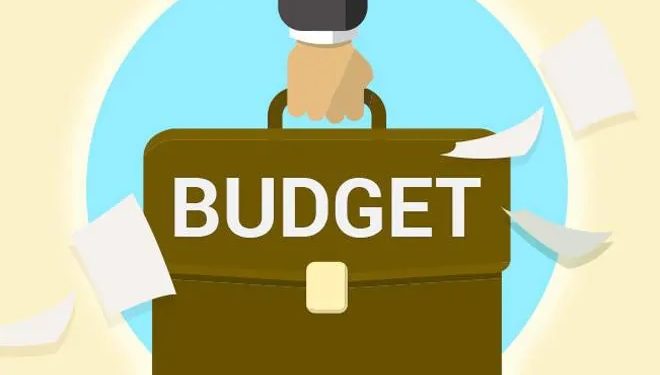New Delhi: Industry leaders Tuesday said the first Budget of Modi 3.0 by Finance Minister Nirmala Sitharaman continues the path of fiscal consolidation while focusing on the common man’s interests but felt more could have been done for Indian investors.
Hospitality sector, however, expressed disappointment with the Budget for 2024-25 saying “There is nothing spectacular in the Budget to bring structural changes to address the fundamental challenges it faces in a competitive world order and to accelerate the growth of the sector to be a $3 trillion economy by 2047”.
“The Budget shows Modi 3.0 is all about continuing the path to fiscal consolidation with the fiscal deficit target of 4.9 per cent this year and 4.5 per cent the next while maintaining the capex figure at 3.6 per cent. The focus on the agri sector and housing infrastructure – affordable and urban – is substantive and augurs well,” Hinduja Group of Companies (India) Chairman, Ashok Hinduja said.
He further said, “Overall, a good Budget for the macro Indian investment climate but could have been better for Indian Investors.”
RPG Enterprises Chairman, Harsh Goenka in a post on X said, “After a World Cup win by the men in blue, a match-winning Budget by FM Sitharaman for Team India – focusing on common man’s interests. Meticulous, detailed and well researched, ingraining the pulse of the country, under an experienced Captain’s leadership.”
Retailers Association of India (RAI) CEO Kumar Rajagopalan said, “The government has tried to strike a balance between populist and policy measures…Initiatives such as monetary support for farmers, higher exemption limits in personal income tax, and increased standard deductions will provide higher disposable income, leading to increased spending.”
Industry body CII Director General, Chandrajit Banerjee said the Budget “provides continuity to India’s successful holistic economic strategy to drive growth with inclusion” and it “takes forward the government’s successful economic strategy of the previous two terms, led by investments and reforms and focused on inclusion and empowerment”.
“The announcement on collaboration with states to take forward the next gen reforms with the twin objectives of employment generation and growth is a welcome step,” he added.
However, Federation of Hotel & Restaurant Associations of India (FHRAI) Pradeep Shetty expressed disappointment at the lack of any specific measures for the hospitality sector.
“There is nothing spectacular in the Budget to bring structural changes to address the fundamental challenges it faces in a competitive world order and to accelerate the growth of the sector to be a $3 trillion economy by 2047,” he said.
Shetty further said some key demands of tourism and hospitality to revitalise the sector such as GST rationalisation, granting of infrastructure status and bringing ease of doing business and policy reforms have not been considered in the budget once again, given the well-accepted multiplier effect of tourism on employment and economy.
“The hospitality sector is disappointed but not dejected as the overall focus on infrastructure development, employment generation and skill development and development of religious tourism centres are the silver linings which will help the sector to tide over some of the critical challenges that it faces today,” he added.
Society of Indian Automobile Manufacturers (SIAM) President Vinod Aggarwal said the Indian automobile industry welcomes the continued emphasis on economic growth with several announcements especially the strong fiscal support for infrastructure in the next five years.
He said measures such as skilling and upskilling, support to manufacturing, employment generation and MSMEs; exemption of customs duty on import of lithium, cobalt and other rare minerals and extension of concessional customs duty on Li-ion cells till March 2026 would continue to propel growth of the Indian auto industry.
Godrej Consumer Products Ltd (GCPL) CFO Aasif Malbari said the Budget promises holistic growth of India’s macroeconomics at the grassroots level.
“Investments in job creation, skill upgradation, and MSME development will support more inclusive economic growth. The special focus on agricultural schemes and rural development will indirectly boost consumption spending, particularly in rural and non-metro markets,” he added.
PHDCCI said the budget is a growth-oriented inclusive one and the several measures announced in it would strengthen India’s journey towards ‘Viksit Bharat’.
PTI







































